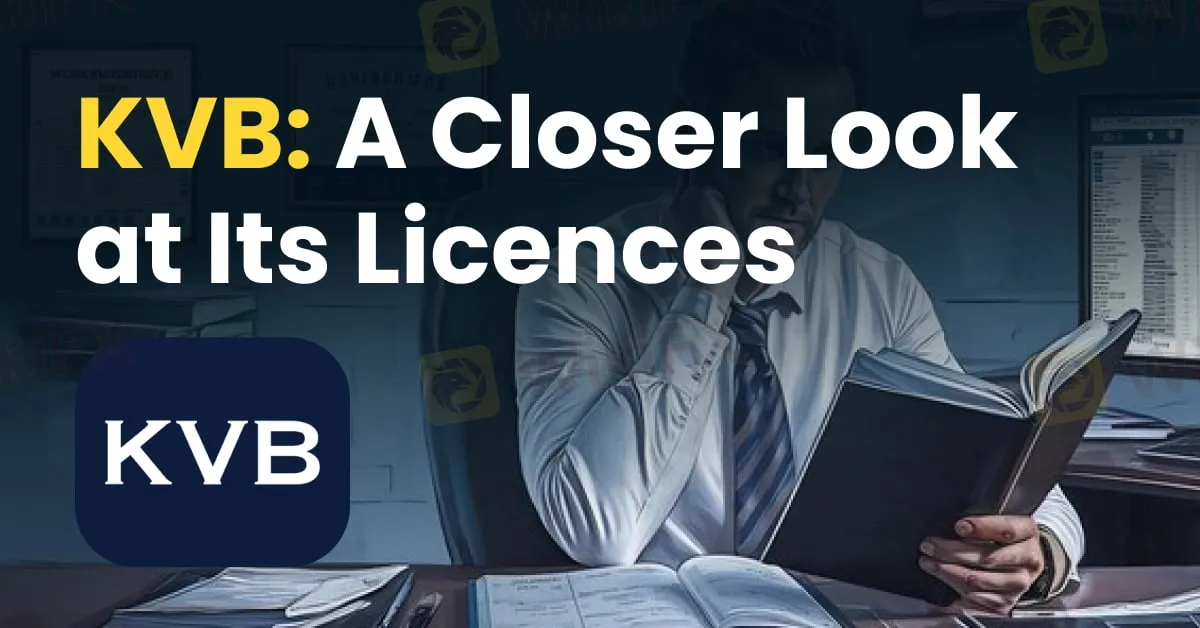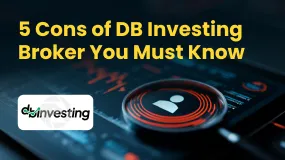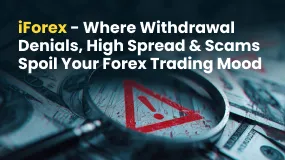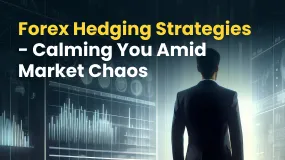简体中文
繁體中文
English
Pусский
日本語
ภาษาไทย
Tiếng Việt
Bahasa Indonesia
Español
हिन्दी
Filippiiniläinen
Français
Deutsch
Português
Türkçe
한국어
العربية
KVB: A Closer Look at Its Licences
Abstract:When selecting a broker for online trading, it’s important to understand whether the company is properly licensed and monitored by financial authorities. In this article, we will take a closer look at KVB and its licences.

When selecting a broker for online trading, it‘s important to understand whether the company is properly licensed and monitored by financial authorities. Regulation helps ensure that brokers operate fairly and protect their clients’ interests. KVB is a broker that holds licences in both Indonesia and the United Kingdom, which are important markets in global finance.
According to WikiFX, a broker review platform that examines factors like regulation, business operations, software, and risk management, KVB has been given a WikiScore of 6.75 out of 10. This score suggests that KVB meets certain standards, though it also highlights areas where traders should pay attention and carry out their own checks.

KVB holds a Retail Forex Licence in Indonesia, regulated by BAPPEBTI, which is short for Badan Pengawas Perdagangan Berjangka Komoditi. This agency oversees the financial services industry in Indonesia and operates under the Indonesian Ministry of Finance. KVB‘s Indonesian entity, PT KVB Futures Indonesia, is licensed under number 1051/BAPPEBTI/SI/1/2007. The licence is active and considered regulated. This suggests that KVB is legally allowed to offer forex trading to retail clients in Indonesia under the country’s official rules.

In the United Kingdom, KVB is listed as an Appointed Representative (AR) under the Financial Conduct Authority (FCA). The FCA is one of the most respected financial regulators in the world. It operates independently from the UK government and monitors how firms treat their customers and handle financial risks. KVB‘s UK licence is held under the name KVB Europe Ltd, with licence number 1017430, and it is currently marked as regulated. However, it’s important to note that an Appointed Representative is not directly authorised by the FCA but instead operates under the supervision of another firm that is fully authorised.

As always, traders should not rely on a single score or licence alone with any broker in the market. It‘s essential to read the fine print, understand the services being offered under each licence, and make sure that the broker’s offerings suit your needs and risk tolerance. Regulation is a good starting point, but informed decision-making is just as important when choosing a broker for your trading journey.

Disclaimer:
The views in this article only represent the author's personal views, and do not constitute investment advice on this platform. This platform does not guarantee the accuracy, completeness and timeliness of the information in the article, and will not be liable for any loss caused by the use of or reliance on the information in the article.
Read more

5 Cons of DB Investing Broker You Must Know
It's always advisable to read online review articles about forex brokers you are thinking to Invest your money with. The forex market has become increasingly unsafe due to the rise of fraudulent brokers. Review articles help you spot scam brokers and protect your money. Read this important article about DB Investing to stay fraud alert.

iForex - Where Withdrawal Denials, High Spread & Scams Spoil Your Forex Trading Mood
Are high spreads charged by iForex disallowing you to make profits? Do you feel that you will never be able to withdraw from iForex? It's nothing new! Read this exposure story where we have highlighted complaints from several investors.

Forex Hedging Strategies - Calming You Amid Market Chaos
Finding it hard to deal with the forex market volatility? Do those ups and downs in currency pair prices make you more nervous or worried? You need the right forex hedging strategies. As a concept, forex hedging is about strategically opening additional positions to stay immune against adverse forex price movements. It’s about offsetting or balancing your current positions by buying or selling financial instruments. As a trader, your risk exposure is reduced, hence limiting your potential losses.

Scam Alert: Cloned Broker Scams on the Rise
Reputed authorities like the FCA have issued warnings against brokers who act genuine but are actually fake brokers. They copy details such as logos, names, branding, and sometimes even employee appearances to trick investors and steal money from them.
WikiFX Broker
Latest News
What Is Forex Currency Trading? Explained Simply
LSEG Announces £1 Billion Share Buyback Program
Ultima Markets enters the UK and gains the FCA license
SEC Lawsuit Targets Real Estate Fraud Scheme by Joseph Nantomah
A Beginner’s Guide to Trading Forex During News Releases
Forex Hedging Strategies - Calming You Amid Market Chaos
ASIC Regulated Forex Brokers: Why Licensing Still Matters in 2025
Key Events This Week: ISM, Trade Balance And More Earnings
Think Uncle Sam Owes $37 Trillion? It's Far Worse Than That
SkyLine Judge Community: Appreciation Dinner Successfully Held in Malaysia
Currency Calculator


